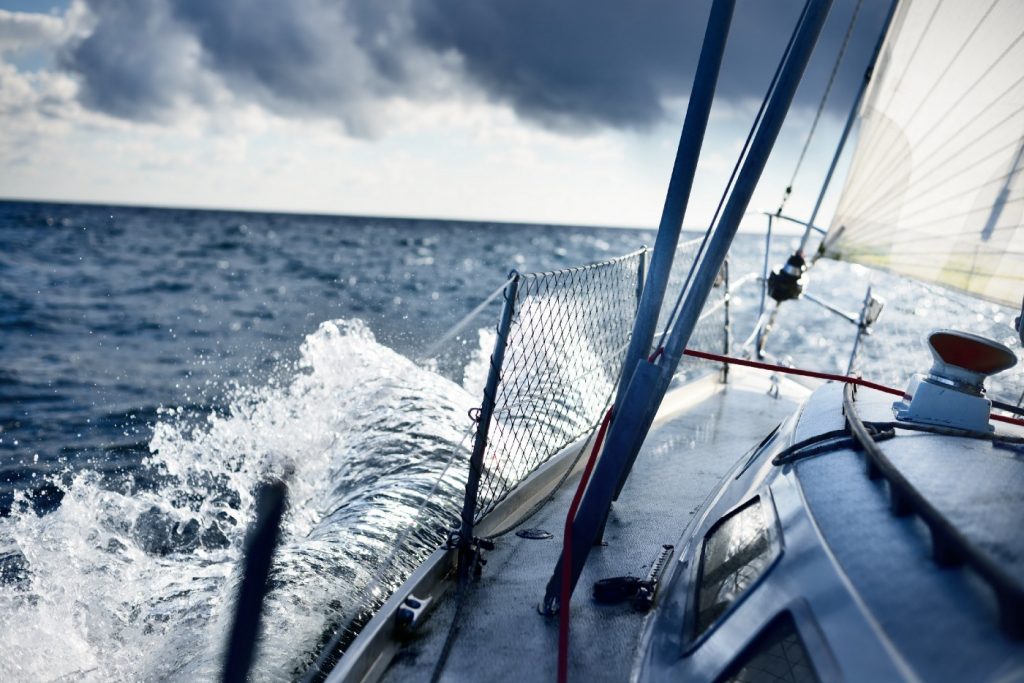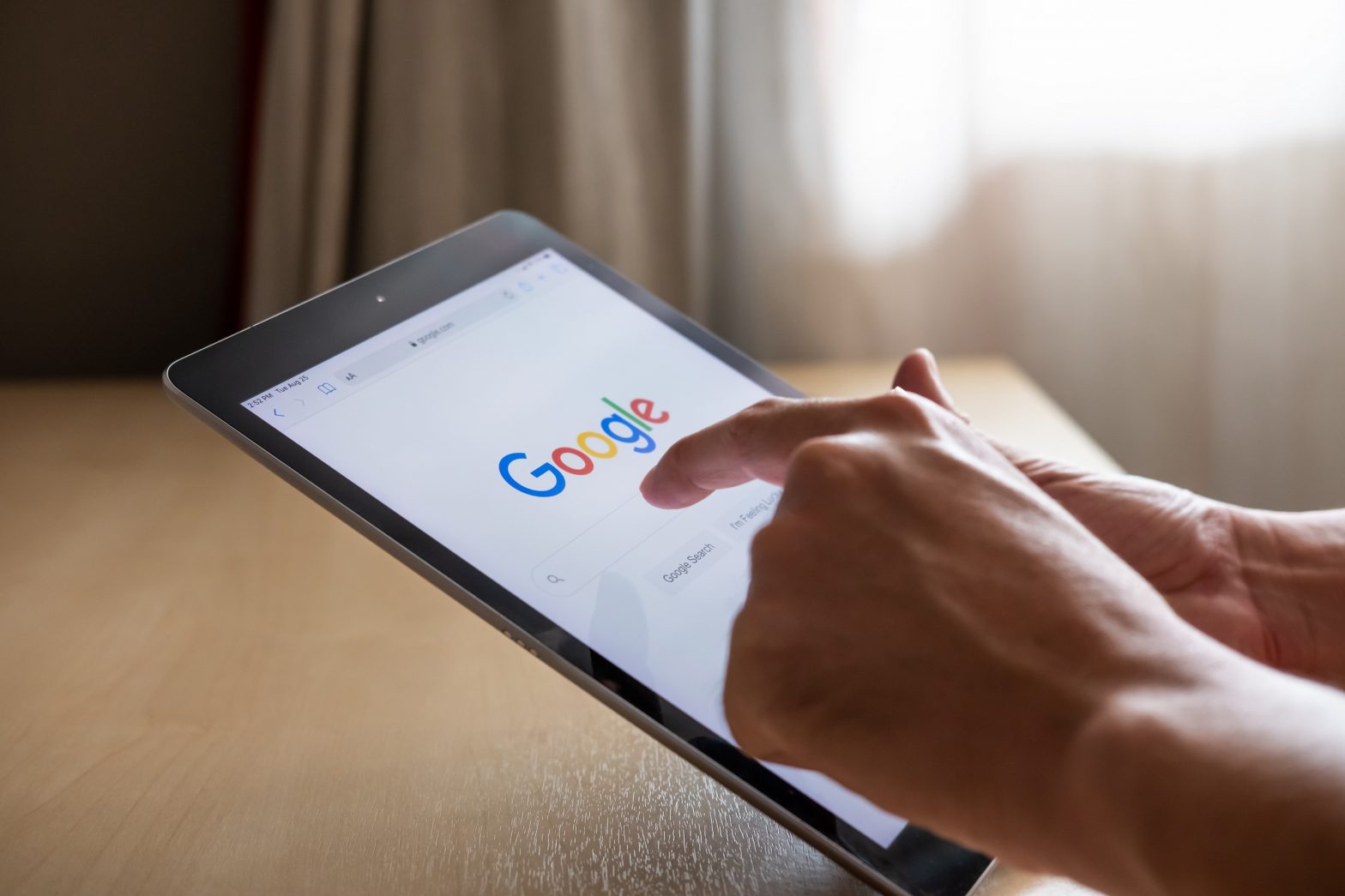A new year and global lockdown — an ideal time to refresh your ‘Inner Google’. “I didn’t know I had one!” I hear you say. You are a leader, an entrepreneur — believe me — you have one.
British intelligence data company Kaiasm conducted fascinating research in 2020. They tracked the way internet searches on Google & Bing etc in the UK changed and trended during different stages of the Covid crisis. The findings shine a spotlight on the hopes, fears and interests that dominated people’s thinking through the questions they were asking. Initially and unsurprisingly health-related questions dominated. People searched ‘Covid Update’ on average 6 times a day. In March and April questions around ‘Furlough’, ‘Lockdown’ & ‘Covid Restrictions’ began to dominate. As things began to improve in the summer, searches around holiday destinations surfaced alongside one of the most ubiquitous at that time; ‘When will hairdressers open?’. The study tracks a national psychological journey, identifying our shared angst-driven questions during this global crisis.
So, each of us as leaders has our own ‘Inner Google’. At the heart of who we are as people are stories we tell ourselves about ourselves that we believe to be true. We use a great deal of our daily mental shelf-space looking for data and asking questions that will authenticate that story. Sometimes those stories are healthy — at other times less so. It follows that the questions we allow to dominate our thinking daily have a profound impact on the mindset we bring to our role as leaders. That is why it is critical to ‘choose’ the search questions on your Inner Google intentionally. Make this a habit. If you don’t, your inner critic or whatever label you give your uncertain and insecure self, will do it for you. No-one likes distracting unwanted pop-ups — so block them.
Here are a few Inner Google search questions to help develop a robust and high-performance mindset to our leadership as we face the continuing challenges ahead in 2021.
What am I thankful for?
Neuropsychology research has demonstrated the power of a thankful mindset. Those who express and receive gratitude increase the release of dopamine and serotonin — two crucial neurotransmitters responsible for our emotions. They give us the ‘feel good factor’. They enhance our mood immediately, making us feel happy/content from the inside. Gratitude has been shown to help us deal better with pressure, alleviate anxiety and even reduce physical pain. Gratitude is a mindset that just keeps on giving.
When we ‘enter our day’ from a place of thankfulness we configure our mindset for what lays ahead. We set a positive course. Pause, note, write, or speak out those things for which you are grateful on a daily disciplined basis and you set a neurological platform that can carry you through tough days. Probably most of us know what it is like to work for a boss whose life is dominated by stress or fear. Yet imagine what it might be like to work for someone who purposefully begins everyday with “Wow, how good is this?” ‘Worry and negativity’ are as contagious as an unwanted virus. Choose gratitude as a discipline, make that your search question. Don’t wait around hoping somebody or something might come along to make you feel thankful — be proactive, choose it, seek it out, chase it down as a strategic start to everyday.

Whom can I partner with?
For many years, the field of psychology taught that autonomy and independence were the ideal target state for patients to move towards. In more recent years we have learnt the exact opposite is true. Superior health outcomes and even longevity of life is experienced by those most embedded in deep relational networks. This is never more true than for leaders. As leaders we know only too well the cold chill of hierarchy that often distances us from the very people we need the most for support, encouragement and challenge on our leadership journey.
Having accepted that we leaders can often feel lonely, I also want to say that these days leadership isolation is a choice — and a bad one at that! With many intimate and personalized communication tools available to us, no leader need be alone. As I coach people, I am amazed that some leaders seem to adopt a kind of ‘victim’ mentality when talking about the loneliness of their role. Yet, when we begin to explore both the formal and informal relational networks available to them, they realise that the real issue is not lack of options but rather a lack of proactivity.
The best leaders I know have usually invested heavily in formal and informal relationship networks to create a safe environment in which they can be supported, invested in and also be held to account. We all need people in our lives who can help protect us from ourselves. There’s a wise old saying “Wounds from a friend can be trusted”. If you lack such relationships make it a strategic goal for 2021 to start building such a network as part of the resource pool you need to be an effective leader.
What am I good at?
I’m English. As a tribe we often lack the swagger of other nations who feel much more confident about who they are. For a nation who invented cricket and mushy peas how can this be so? The truth is that peoples of all nations carry their own versions of insecurity. I meet so many leaders who carry some version of the ‘imposter syndrome’ in their emotional locker. Their Inner Google has a favourites search theme called ‘What if I get found out?’ or ‘What if they realise I am not as good as I need them to think I am?’ or ‘What if I fail publicly?’ to name but three.
If you recognise such a tendency in yourself, you need to build a firewall. Guard against the onslaught of such questions by habitually asking more positive and affirming ones. I am very much an “Asset Based Mindset’ Coach. I believe we perform at our best when we look at ourselves through a predominantly positive lens. Choosing to focus on those areas of your skill set that enable you to thrive and add most value, will always help you feel more confident and ultimately provide better leadership. Many leaders have a skill that is something of a ‘halo’ ability — a strength in one area that positively affects the way they are perceived in other areas thanks to the ‘glow’ of their halo ability. Continuing to hone and polish your strengths not only enables others to experience a better version of you but helps you feel better about yourself — critical when leading in crisis.
This might feel counter-intuitive but try it and see how it goes. Obviously, we don’t ignore our weaknesses — self-awareness breeds confidence. Instead, we delegate those things away, we hire to fill our gaps, we ask our teams for their support in those areas and invite them to lean in etc. ‘Major in your strengths and manage your weaknesses’ is a mantra that the Gallup organisation brought to us — it is good advice. The more we can focus on and celebrate our strengths as our prime lens, the greater our ability and confidence in confronting problems or areas where we fall short.

How can I dare?
The temptation during times like this is to play safe, lock everything down and stay entirely in the confines of your comfort zone. If you tie yourself to the mast in a storm — who is steering the ship? We allow ourselves to be oppressed by our fears too easily. Choosing to dare, take risks and explore new frontiers provides an impetus and robust platform for thriving amid challenge. We are orientated towards comfort and so it takes conviction and focussed discipline to push beyond those self-imposed boundaries. When we lean into risk and daring, we enhance our capacity for and tolerance of change and corporate adventure. When we commit to risk as a discipline, innovation can become normative. We will naturally develop greater agility as we learn to ignore our insecure Inner Google searches. Instead, we will overcome the anxiety that comes with risk and change. Remember the only thing that fear fears is… courage!
Our current context demands more than ever leaders who are willing to embrace risk. Mark Zuckerberg stated somewhat prophetically in more stable times ‘The biggest risk is not taking any risk… In a world that is changing really quickly, the only strategy that is guaranteed to fail is not taking risks.’ For leaders willing to do this their Inner Google searches should be asking repeatedly ‘Where are the opportunities for risk and innovation?’ This is like taking our inner conversations down the gym, making them more robust. It is guarding our hearts from irrational fears by shedding the unwanted flab of insecurity. It anchors us in a posture of ‘risk willingness’ in our day-to-day leadership. Fit, firm, poised and ready.
It is unclear what 2021 will throw at us. What we do know is that it will continue to be filled with complexity and uncertainty and so be more demanding. In such a context, leaders need healthy and hygienic mindsets, everything they do flows from that — so make sure you decide what gets asked of your Inner Google.
